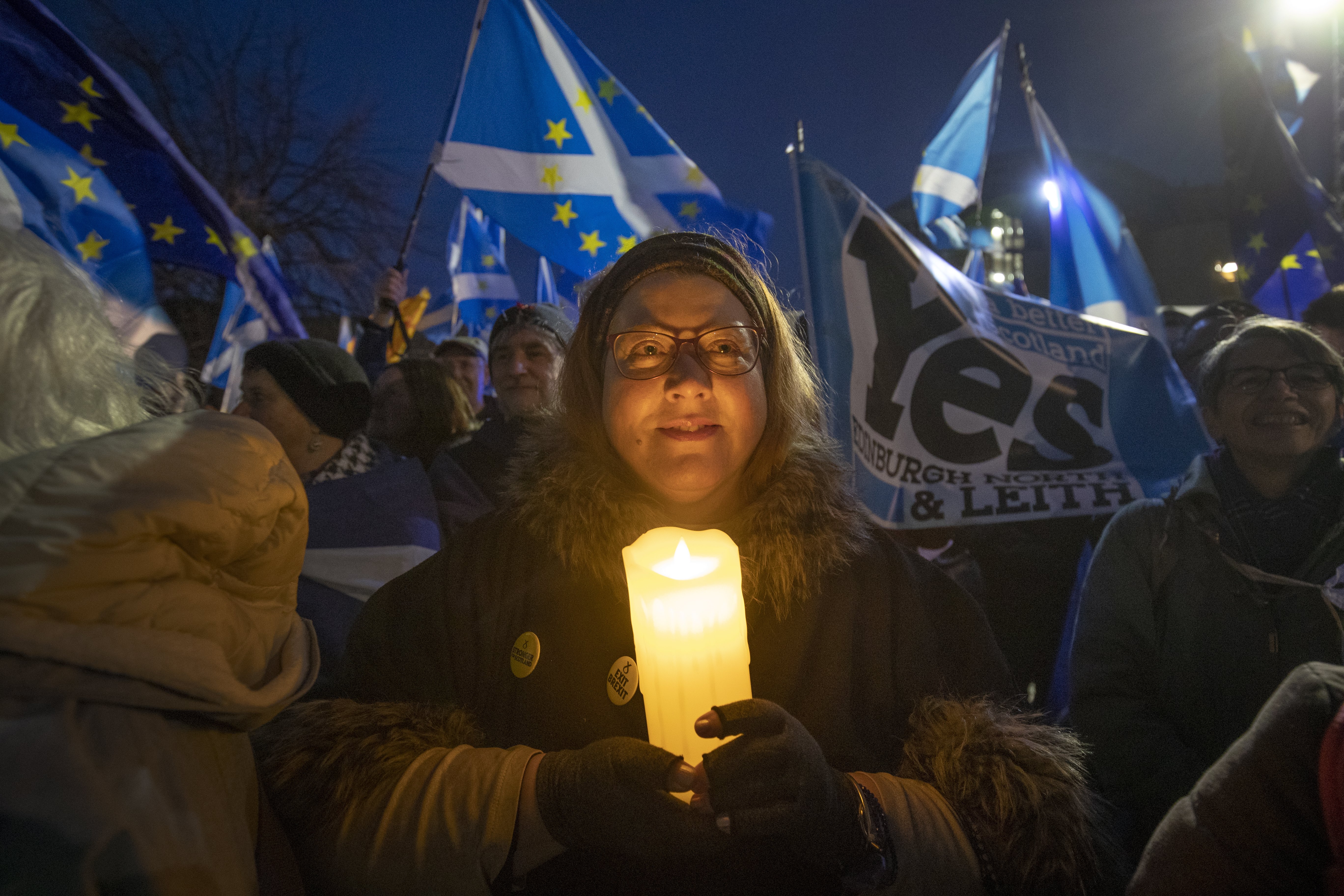A clear majority - 56% - of Scots would vote for independence. This is what the latest Ipsos MORI poll, published this Thursday by Scotland's The National, reveals, indicating that a self-determination referendum in Scotland would be won by the 'yes' option. The most significant ndata from the study, however, is the fact that support for independence has risen six points compared to the survey for the month of May. Several factors could have contributed to the rise of independentism over this period. On the one hand, the United Kingdom has had three different prime ministers after the Conservative Party debacle and a serious economic crisis is affecting the country, increasing the distrust of Scots towards the Whitehall government. On the other hand, the UK Supreme Court decided to block the calling of a second self-determination referendum without the endorsement of the British government, a fact that makes the Scottish public see membership of the Union as not such a voluntary affair as previously believed, as well as hindering the possibility of becoming independent through the 'legal' route.
🏴 BREAKING: New poll from @IpsosScotland shows rising majority support for Scottish independence.
— Yes (@YesScot) December 7, 2022
YES: 56%
NO: 44%
👉🏼 There's clear momentum for Scotland to choose its own future. Help us win: https://t.co/bkLETLohJ9 pic.twitter.com/oYoJPmlnXO
Support for independence grows in Scotland
"Should Scotland be an independent country?". According to the Ipsos MORI data, of the people who say they would vote (that is, not including the undecided) if a referendum were held today, 56% would declare themselves in favour of Scottish independence and 44%, against. This represents a 6% increase in support of self-determination compared to May, when the two sides were more evenly split. However, the Scottish independence movement does not seem to agree on how and when the second referendum should now be held, and therefore the best strategy to achieve it. The survey figures reveal that 35% want it this year, while 34% think it should be done later. The Supreme Court's veto seems to have also had an impact on the number of people who consider it necessary to call a new independence consultation. The number of Scots who do not want to vote again is down five points compared to May, to 26%.
The British, also in favour of a second referendum
Meanwhile, 55% of people across the United Kingdom think that Scotland should be able to hold a second self-determination referendum next year, as Scottish first minister Nicola Sturgeon had planned to do before the UK Supreme Court blocked the path to call it without the endorsement of the government down south. This is what a new survey by the Omnisis agency reveals, which also clarifies that 45% are against it. Again, these are the results of the survey without taking into account non-responders. If we include those who are undecided - 23% of the total - support for the independence consultation is at 42% of respondents, while those who reject it comprise 35%.

